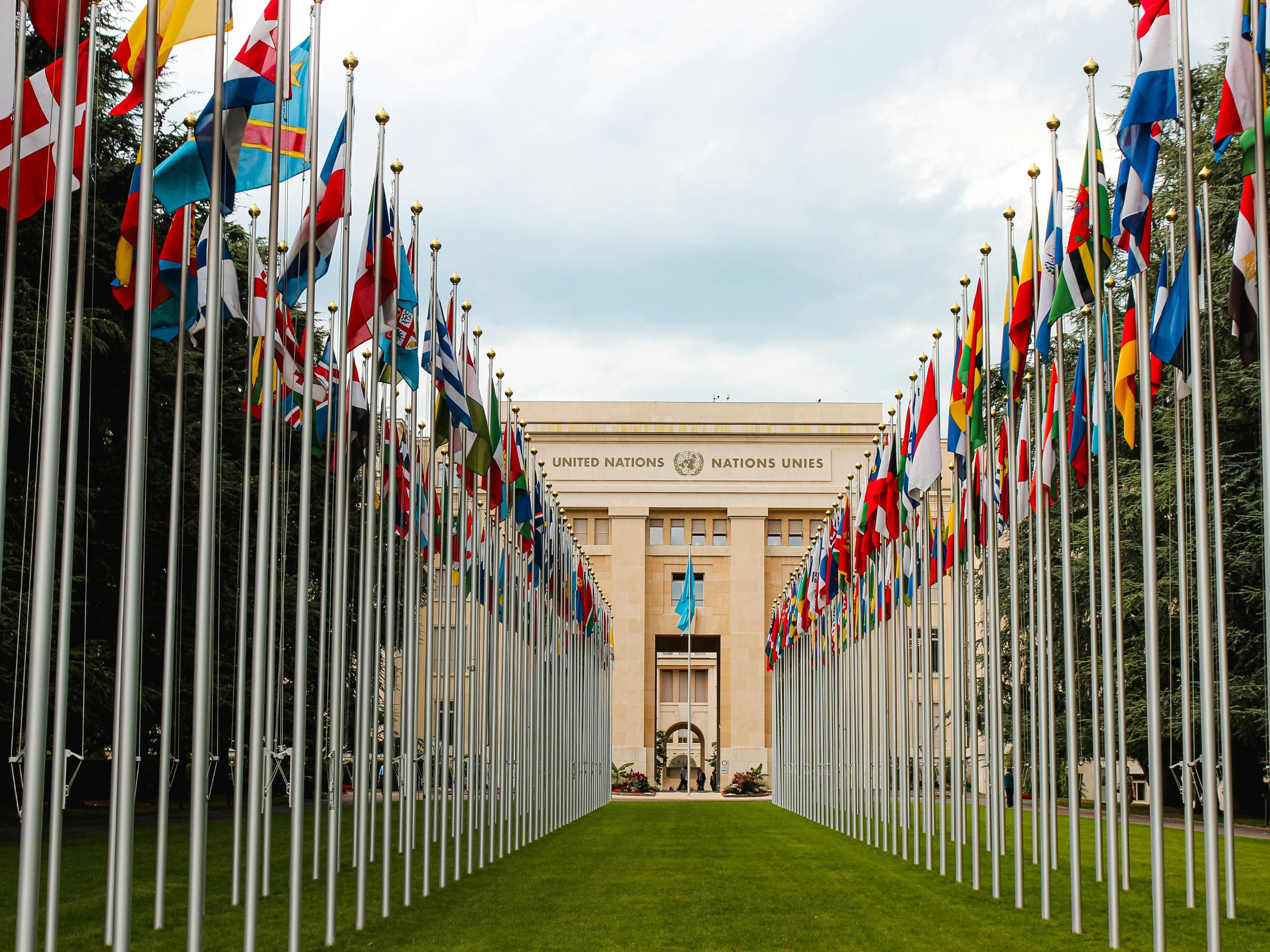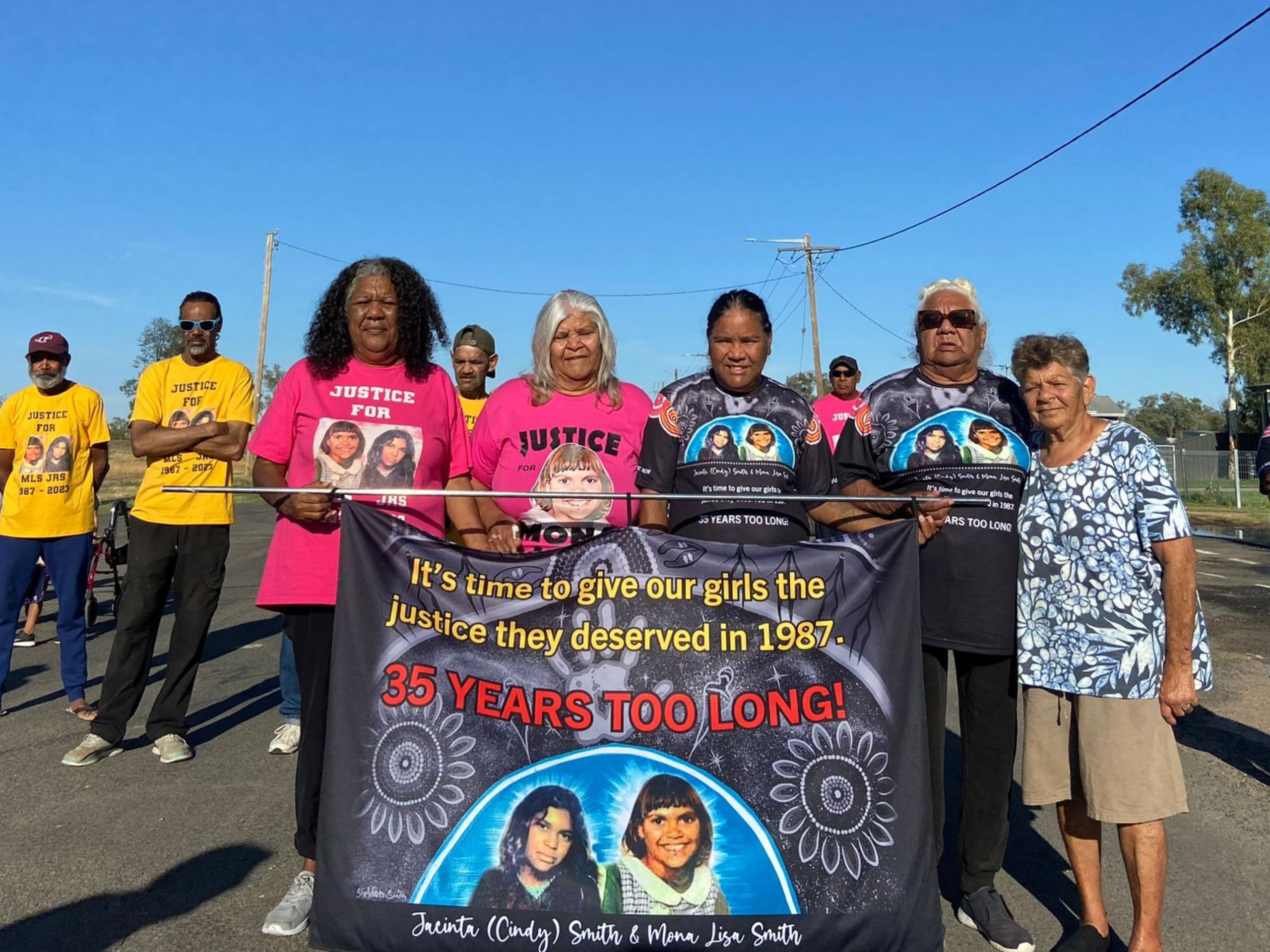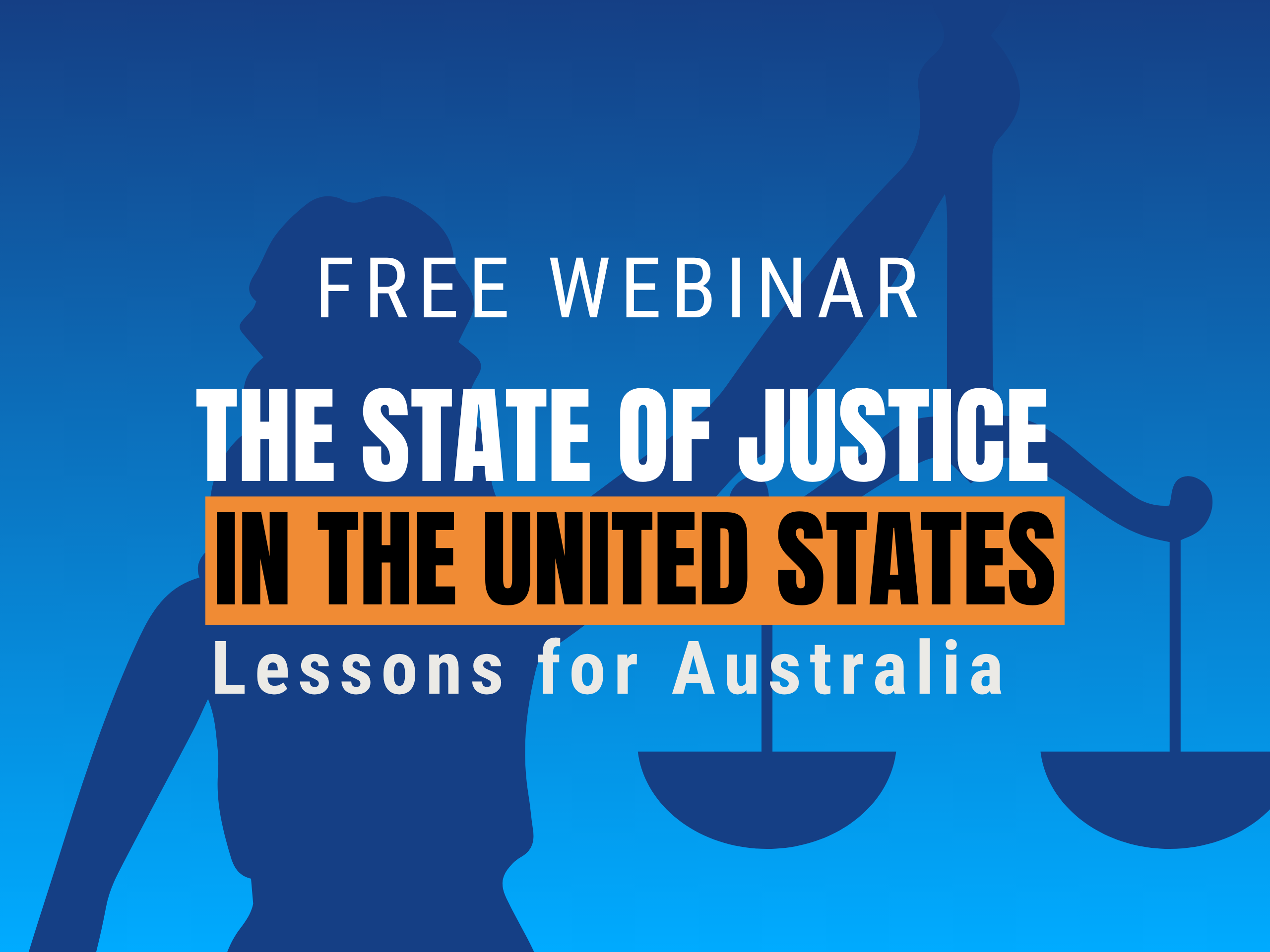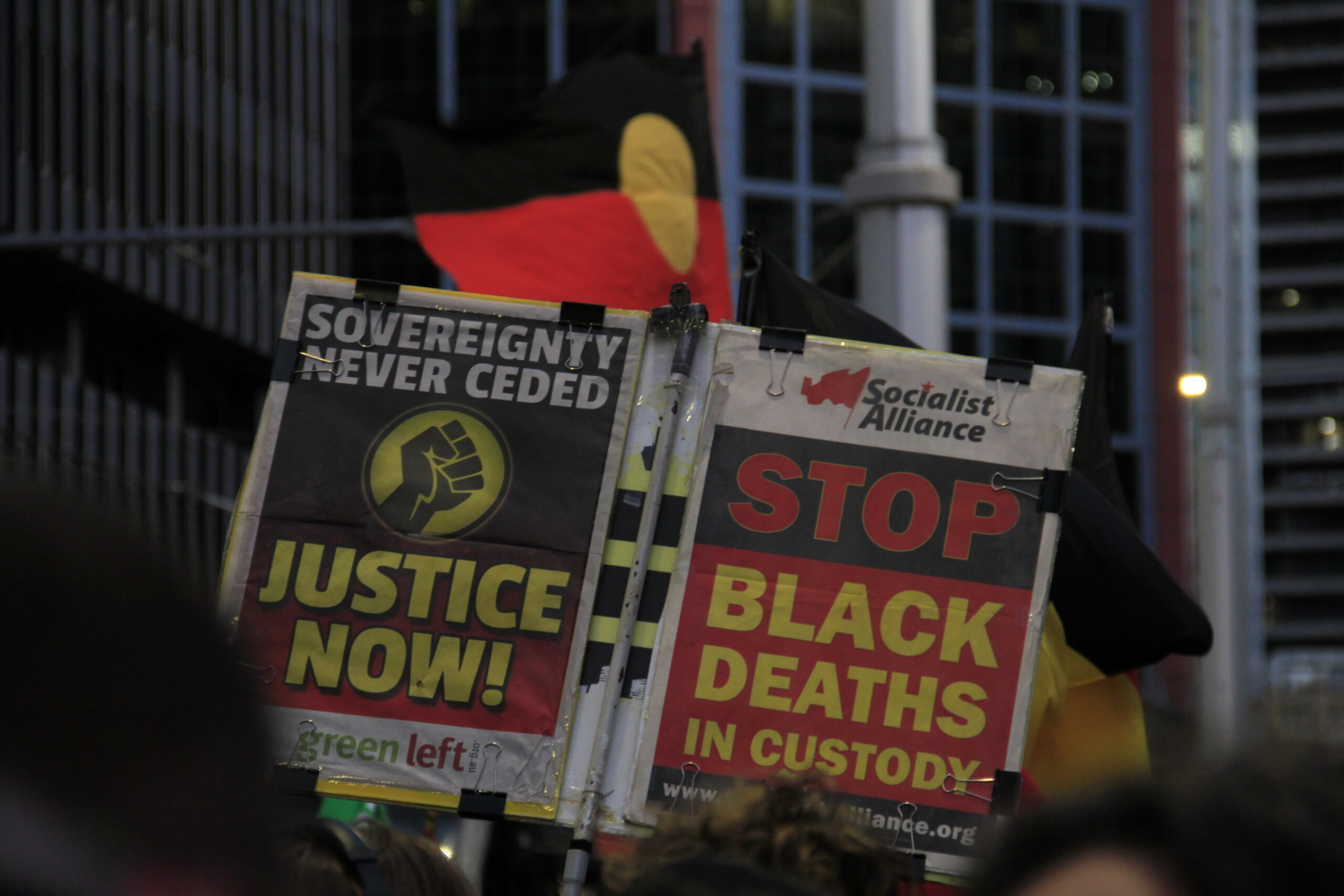Content Warning: Aboriginal and Torres Strait Islander readers are advised this story contains the image and name of a First Nations person who has passed away.
Following the Western Australian government’s apology to the Mullaley family for the shocking treatment they received from state institutions, we have written to the United Nations (UN) Special Rapporteur on Violence Against Women to draw international attention to systemic violence against First Nations women and children in Australia.
Taking our clients’ voices to the United Nations:
Together with Kathleen Pinkerton and Yvette Harris (on behalf of the Mullaley family), and Professors Larissa Behrendt and Chelsea Watego, we co-authored a submission that highlights the story of Baby Charlie, whose needless death exemplifies the racial discrimination and neglect perpetuated against First Nations peoples by Australian governments.
Our submission details how the events of 19-20 March 2013, and the subsequent investigations into those events, reveal the multiple ways in which the Mullaley family were subject to interpersonal, institutional, and structural racism.
We told the Special Rapporteur that, despite the overwhelming weight of evidence to support their version of events, the Mullaley family continued to be discounted by the Western Australian Government, its courts and officials, denying the family any sense of closure, justice or accountability.
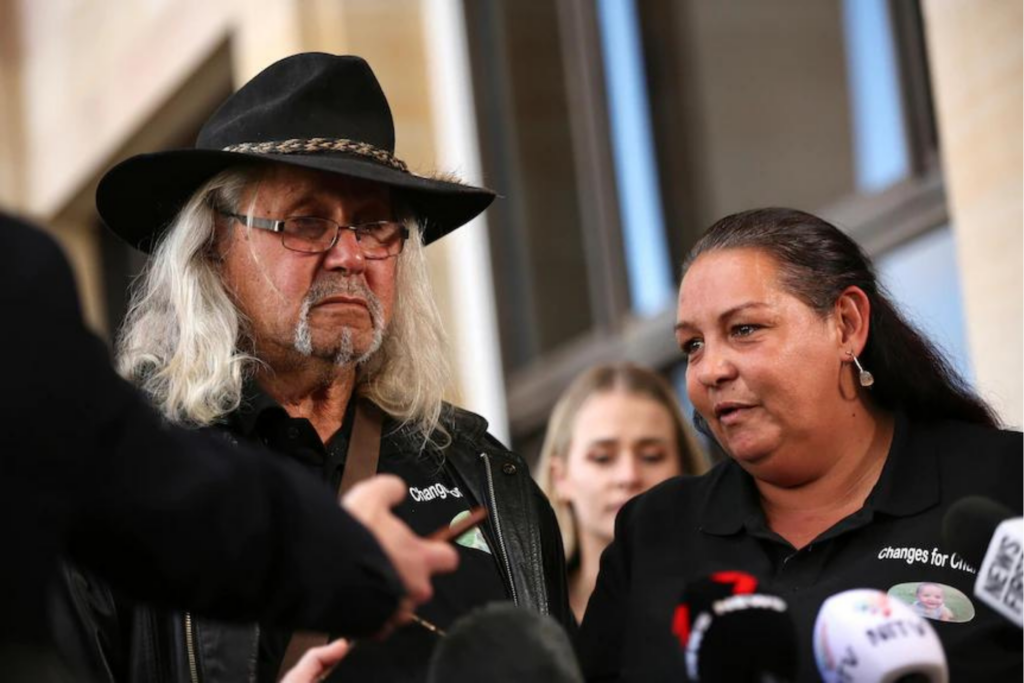
Protection, not punishment:
In our submission, we argued that Australia’s legal system frequently punishes rather than protect First Nations women and girls, and we urged the Australian government to meet its legal obligations to prevent and combat violence against First Nations women and their families by improving access to preventive mechanisms, justice and self-determination.
Our key recommendations include:
- Greater scrutiny and accountability for police misconduct, including the independent investigation of complaints against police
- First Nations-led policy and law reform to end the criminalisation and overincarceration of First Nations people
- Require coroners to investigate the conduct of police and state actors where their actions or omissions may have in any way contributed to the harm or death of a First Nations person
- Greater transparency in the coronial process, and the implementation of respectful and culturally-safe protocols for investigating First Nations deaths
Our submission was referenced in the Special Rapporteur’s final report on violence against Indigenous women and girls. The report shines light on the different manifestations of violence experienced by Indigenous women and girls, and it explores how we can reduce and prevent such violence.
Our submission was referenced in the report in a discussion of the barriers to accessing justice “resulting in discrimination and revictimization, reinforcing the already existing and deep-seated fear and distrust of the justice system.”
International scrutiny of systemic violence in Australia:
The Special Rapporteur’s report highlights how “Indigenous women and girls are subjected to a complex web of structural forms of violence that are perpetrated against them by State and non-State actors in a systemic way” and how the discrimination they experience is “further exacerbated when these identities intersect with other characteristics, such as race, age, disability… sexual orientation and gender identity”.
The report further details how “these intersecting forms of structural discrimination result in limited access to justice for Indigenous women and girls, and widespread impunity for perpetrators of gender-based violence against them”.
Crucially, the expert report asserts that “States have a due diligence obligation to prevent, investigate and punish perpetrators, and to provide reparations for Indigenous women and girls who are victims of gender-based violence.”
The Special Rapporteur concluded that the violence faced by Indigenous women and girls “is rooted in historic and unequal patriarchal power structures, racism, exclusion, and marginalization enabled by a legacy of colonialism.”
